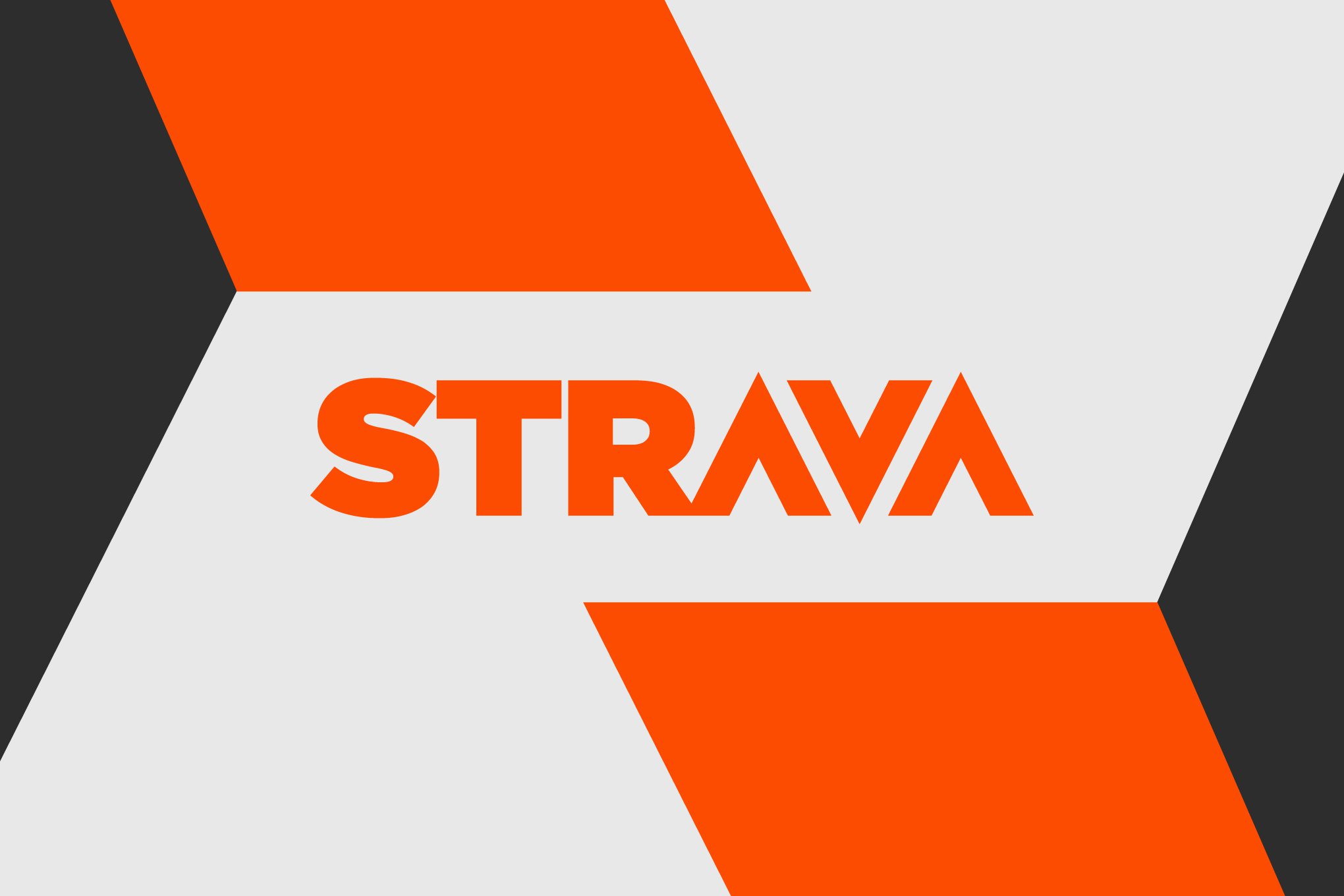
google is destroying independent websites and one WikiHow’s leadership has taken a stand in the ongoing ad tech remedies trial, highlighting the complex relationship between independent websites and Google.
google is destroying independent websites and one
The Dual Role of Google in the Digital Ecosystem
For many independent websites, Google represents a paradoxical force. On one hand, it serves as a critical pathway for traffic, enabling users to discover content. On the other hand, it poses significant challenges that threaten the viability of these platforms. This duality was starkly illustrated during a recent court hearing, where WikiHow’s CEO, Elizabeth Douglas, articulated the struggles faced by her site and others in the wake of evolving technology.
WikiHow’s Perspective
WikiHow, a platform known for its step-by-step guides on a myriad of topics, has found itself at the center of what Douglas describes as an “AI apocalypse.” This term reflects the seismic shifts occurring in how information is accessed and consumed online. With the rise of AI tools, including chatbots and Google’s AI Overviews, users are increasingly finding answers without needing to click through to external websites. This trend has profound implications for content creators who rely on web traffic for revenue and visibility.
The Impact of AI on User Behavior
The introduction of AI-driven features in search engines has fundamentally altered user behavior. Instead of navigating to individual websites for information, users are now receiving synthesized answers directly within search results. This shift has led to a decline in click-through rates for many independent sites, including WikiHow. Douglas emphasized that this change is not merely a minor adjustment; it represents a significant threat to the sustainability of content-driven platforms.
The Legal Context: Ad Tech Remedies Trial
As the trial progresses, the implications of these changes are being scrutinized in a legal context. The ad tech remedies trial is focused on how Google manages its advertising ecosystem and the potential monopolistic practices that may arise from its dominance. Douglas’s testimony serves to underscore the broader consequences of Google’s practices, particularly for smaller websites that lack the resources to compete with the search giant.
Monopolistic Concerns
Critics of Google have long raised concerns about its monopolistic behavior in the digital advertising space. The company’s control over search results and ad placements can significantly impact which websites gain visibility and traffic. In this context, WikiHow’s struggles are emblematic of a larger issue: the survival of independent content creators in an environment increasingly dominated by a few major players.
Stakeholder Reactions
The reactions to Douglas’s testimony have been varied. Advocates for independent websites have rallied around her statements, emphasizing the need for regulatory changes to ensure a more equitable digital landscape. Conversely, supporters of Google argue that the company’s innovations, including AI advancements, ultimately benefit users by providing quicker and more accurate information.
The Broader Implications for the Open Web
As the trial unfolds, the implications for the open web are becoming increasingly clear. The decline of independent websites could lead to a homogenization of content, where only the largest platforms can afford to compete. This scenario raises questions about the diversity of information available to users and the potential loss of unique voices in the digital space.
Potential Solutions and Regulatory Actions
In light of these challenges, discussions around potential regulatory actions are gaining traction. Some experts advocate for measures that would promote fair competition in the digital advertising space. These could include:
- Stricter regulations on monopolistic practices by major tech companies.
- Increased transparency in how search algorithms prioritize content.
- Support for independent content creators through funding or grants.
Such measures could help level the playing field, allowing smaller websites to thrive alongside larger platforms. However, the implementation of these solutions is fraught with challenges, as the tech industry is known for its rapid evolution and resistance to regulation.
The Role of Users in Shaping the Future
Ultimately, the future of independent websites may also depend on user behavior. As consumers become more aware of the implications of AI-driven search results, there may be a growing demand for diverse sources of information. Users can play a crucial role in supporting independent websites by actively seeking out and engaging with content that may not appear in the top search results.
Conclusion: Navigating the Future of Digital Content
The ongoing ad tech remedies trial serves as a critical juncture for the future of independent websites like WikiHow. As Google continues to innovate and shape the digital landscape, the challenges faced by smaller platforms will only intensify. Elizabeth Douglas’s testimony highlights the urgent need for a reevaluation of how digital content is accessed and monetized.
As stakeholders from various sectors weigh in on the implications of these changes, it is clear that the conversation around digital equity and the sustainability of independent content is just beginning. The outcome of this trial could set important precedents for how the digital ecosystem operates, potentially reshaping the relationship between users, content creators, and tech giants.
Source: Original report
Was this helpful?
Last Modified: October 3, 2025 at 1:37 am
1 views















